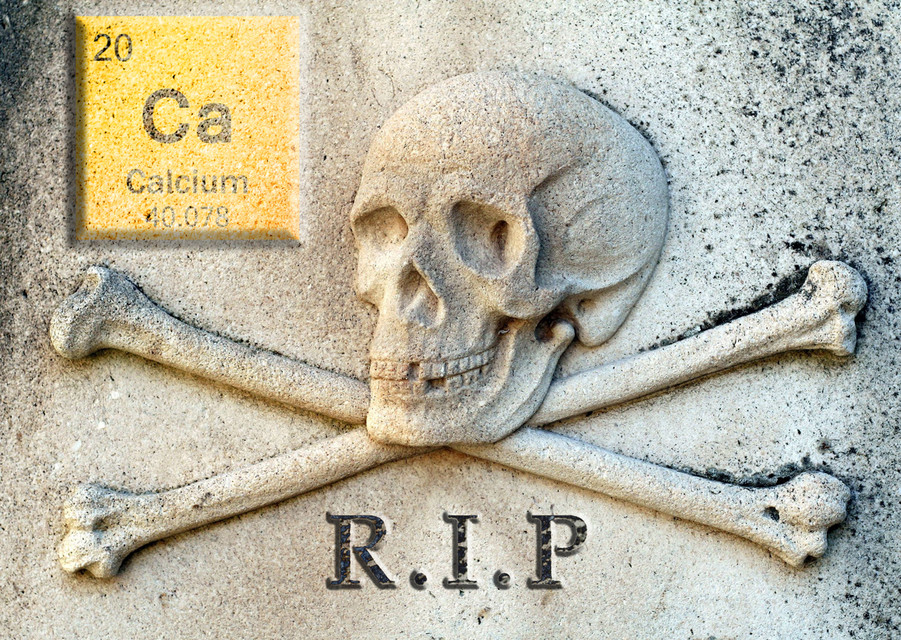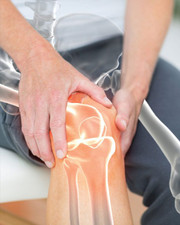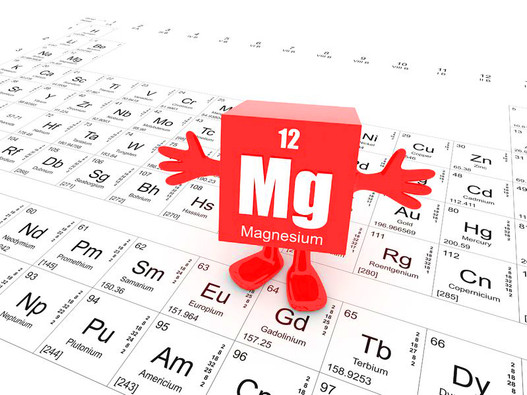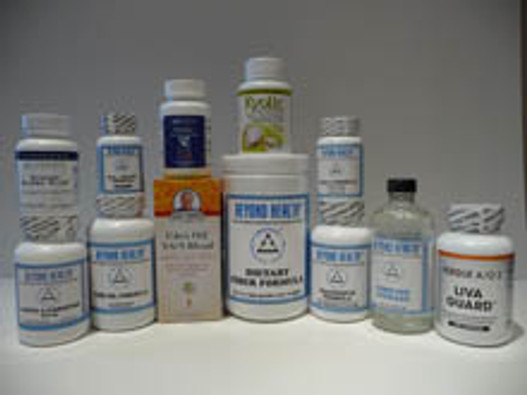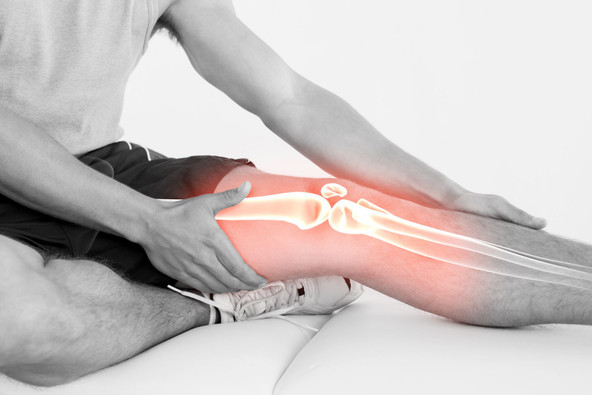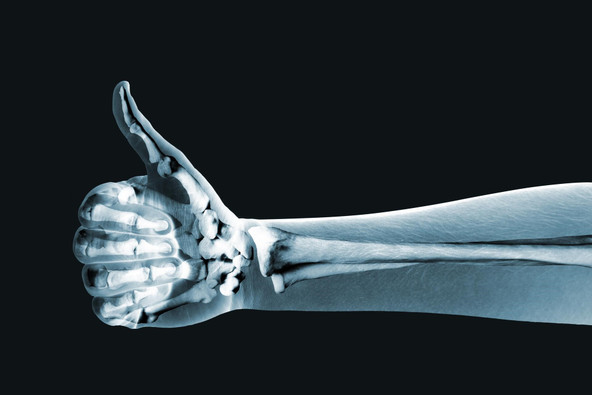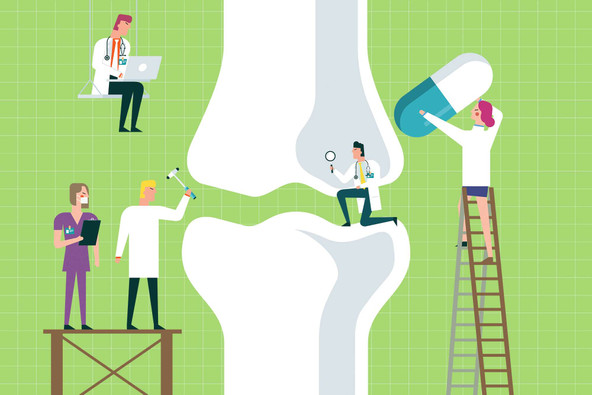Posted by -Beyond Health on Nov 3rd 2025
Uncovering the Truth Behind Death by Calcium!
Calcium: From “Magic Bullet” to Scapegoat—and Back to Science Once celebrated as the superstar solution for osteoporosis, calcium has recently fallen from grace. It’s now routinely criticized—or outright vilified—by both conventional and alternative health commentators. Vitamin C researcher Thomas E. Levy, MD, even titled a book Death by Calcium! So how did one of the most essential minerals in human physiology—and one that most Americans, especially the elderly, are deficient in—end up with such a bad reputation? How Calcium Lost Its Halo The calcium controversy began when it was promoted as a standalone “magic bullet” for osteoporosis. The logic was simple: Weak bones? Take more calcium. When that approach didn’t deliver the expected results, experts added vitamin D: Take calcium with vitamin D. This worked slightly better—but still not well enough. Why? Because calcium never works alone. Calcium Is a Team…
read more Fuel your life with the purest vitamins
Fuel your life with the purest vitamins
